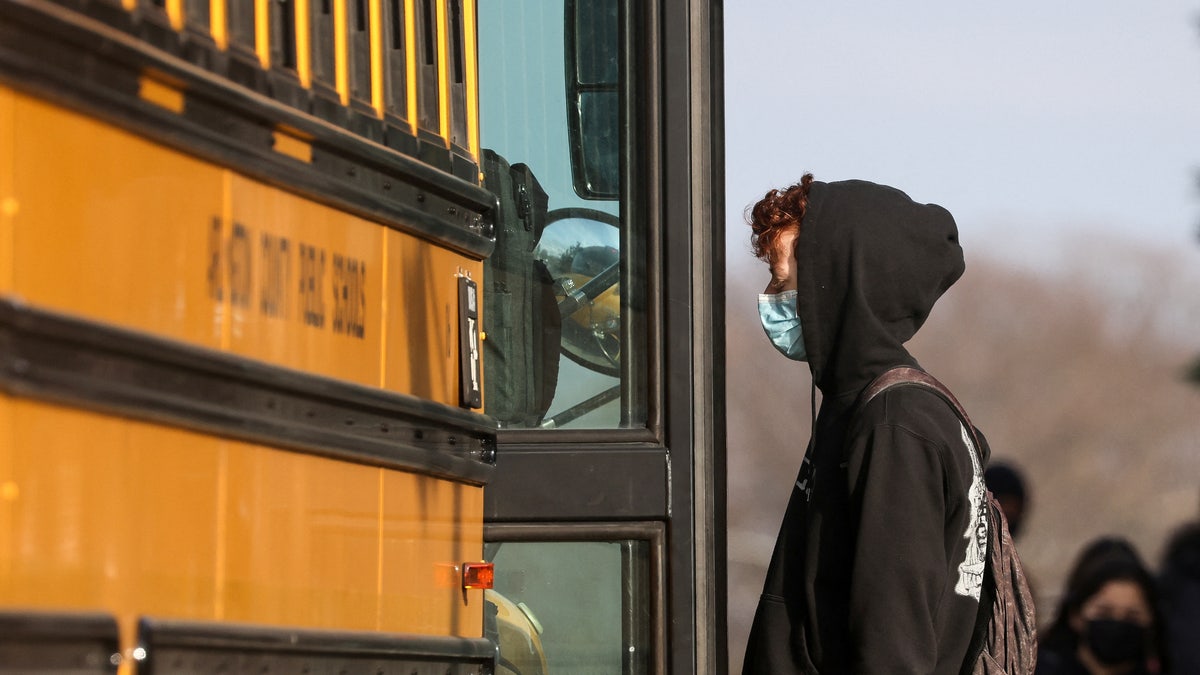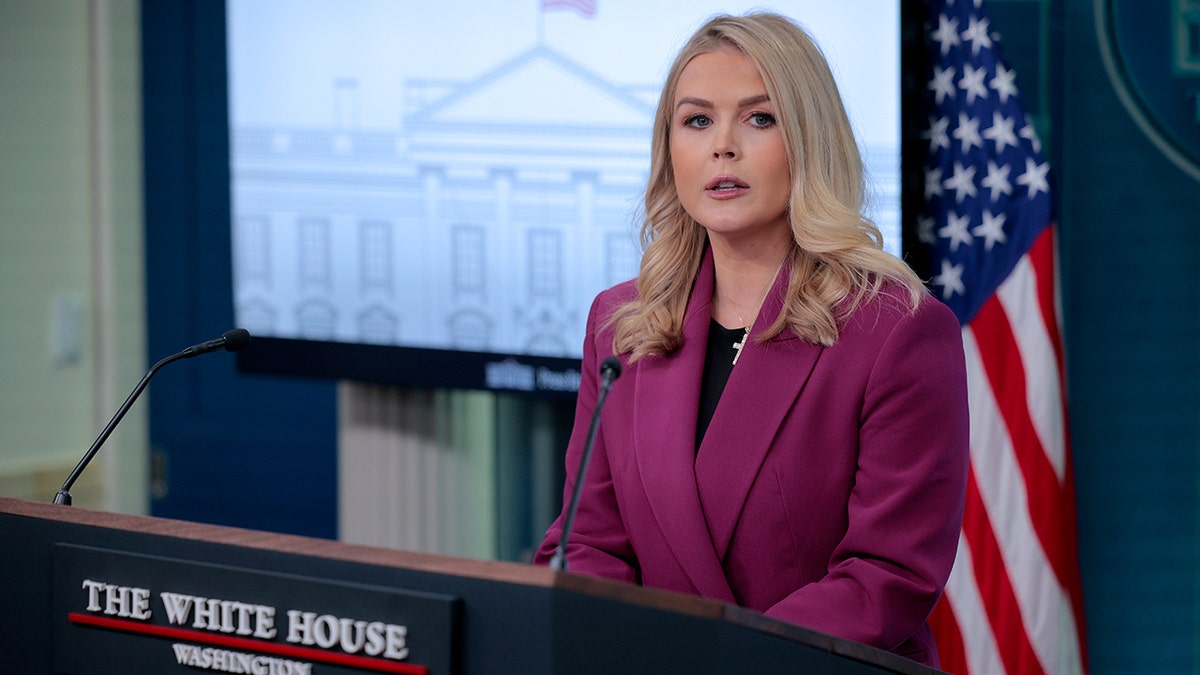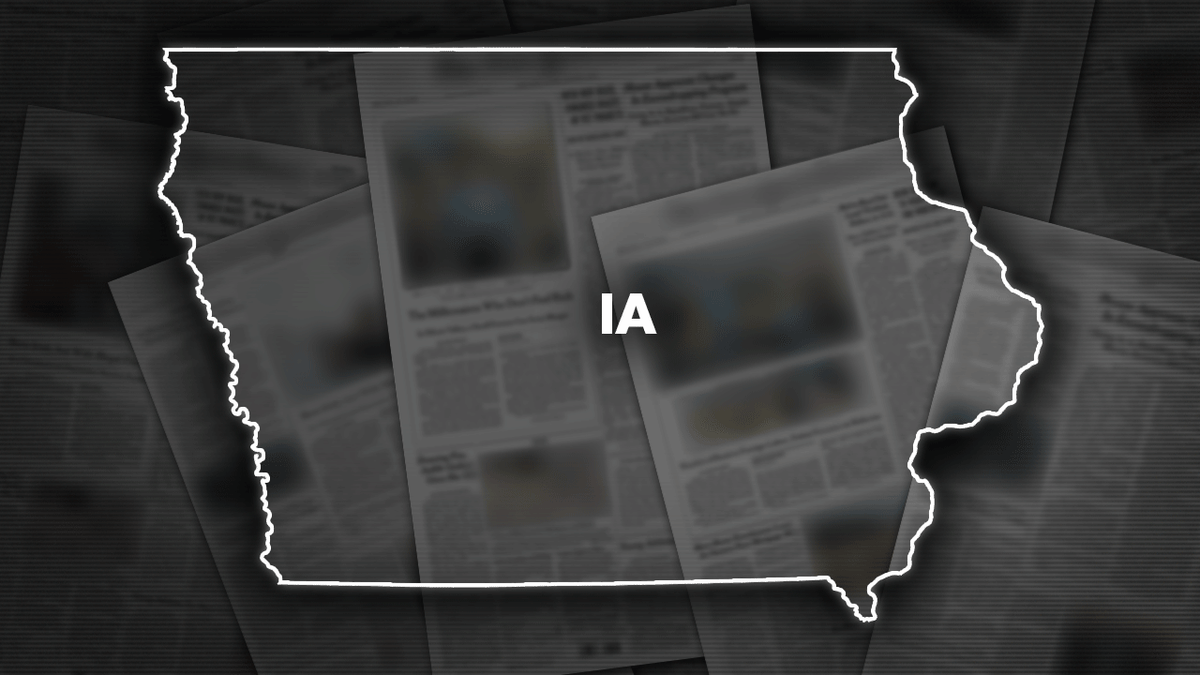Recent reports have shed light on West Virginia Senator Joe Manchin's history of tax payments, revealing instances where he has made late payments on personal property and real estate. NBC News reported that some payments were made just days before deadlines, while others were delayed by months or even years.
Last week, Manchin settled approximately $700 in back taxes owed to Marion County, West Virginia, for a pontoon boat and trailers, accumulated over the past three years. Similar instances occurred in 2020, when the senator paid nearly $630 in back taxes for vehicles, boats, and trailers dating back to 2016, 2017, and 2018.
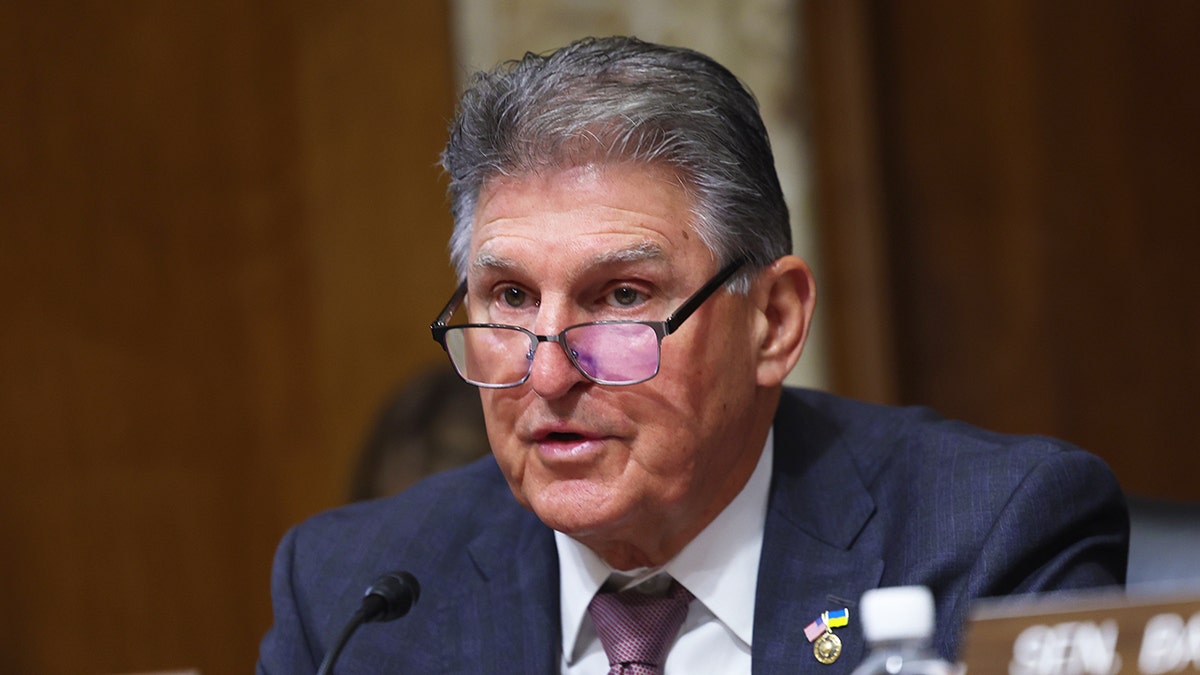
Records dating back to 2009 indicate a pattern of late payments, sometimes incurring fines and interest. A spokesperson for Manchin stated that the senator "has always paid every tax bill he's received in full and any lapse in payment has been quickly rectified as soon as he has been made aware."
Marion County Clerk Julie Kincaid downplayed the significance of the late payments, describing them as "tremendously overblown" due to the relatively small amounts involved. She speculated that the issue likely hadn't been brought to Manchin's attention.
Manchin's tax payment history comes under scrutiny as he faces a challenging re-election campaign in 2024. Prominent Republicans, including West Virginia Governor Jim Justice and Representative Alex Mooney, have already announced their candidacies for his Senate seat.
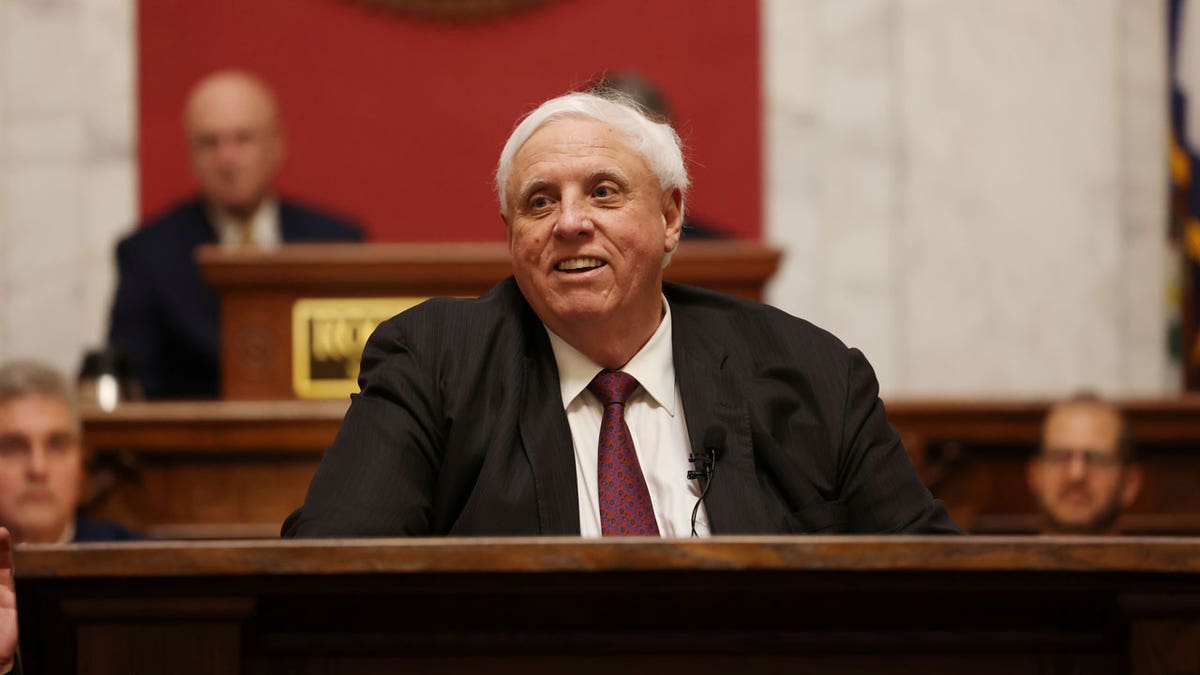
Manchin's situation highlights a broader issue of late tax payments among politicians from both parties. Senator Sherrod Brown of Ohio has also faced scrutiny for multiple late tax payments on his Cleveland home since 2013. Similarly, Representative Marie Gluesenkamp Perez, D-Wash., recently paid off six months of back property taxes on a business she co-owned with her husband after being questioned by local media.
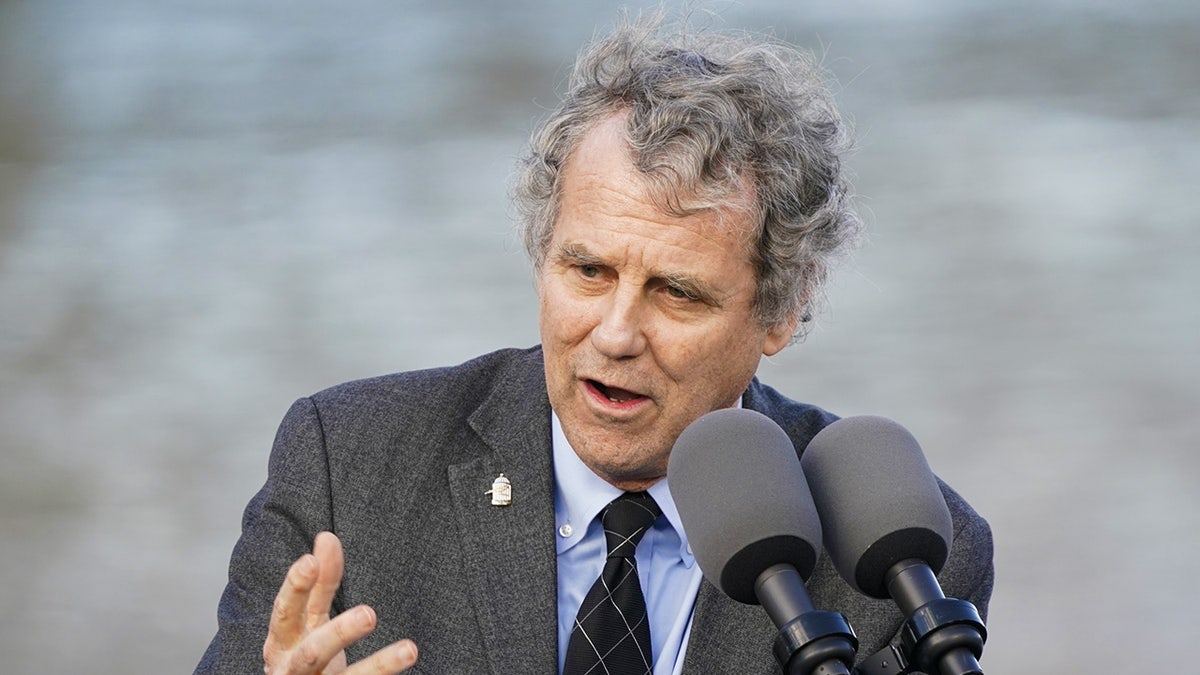
These instances raise questions about the financial practices of elected officials and the potential for oversight.


